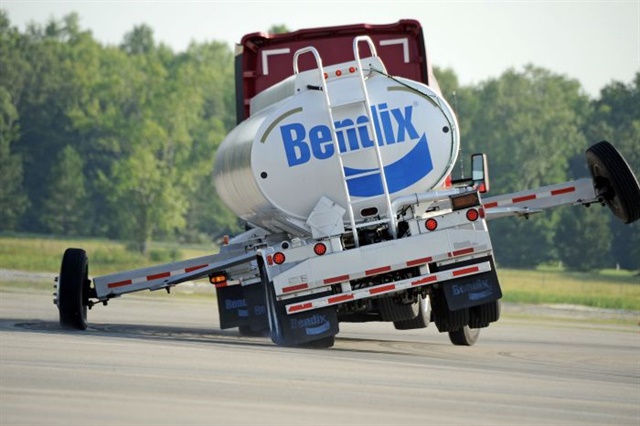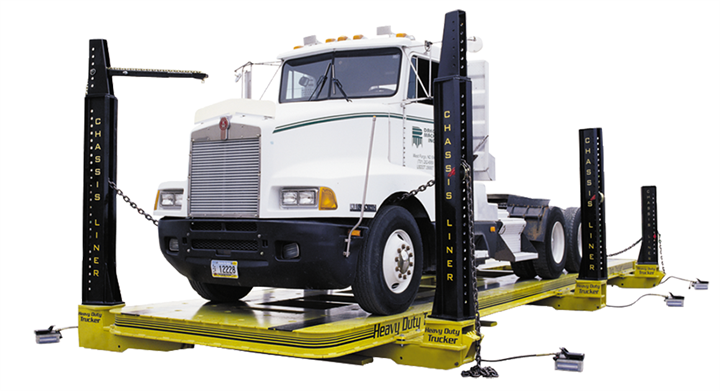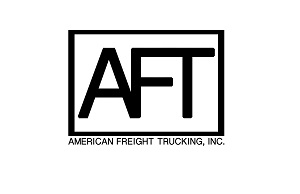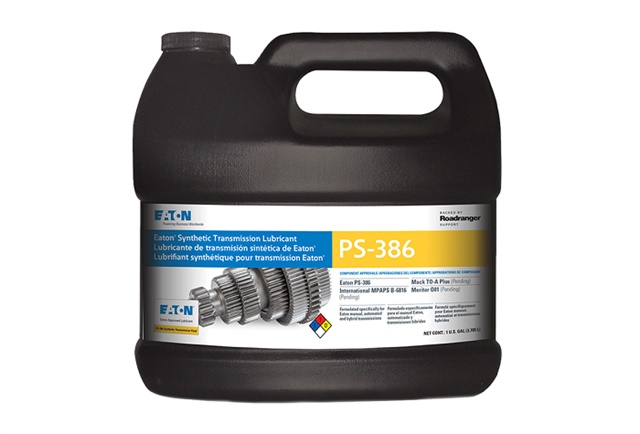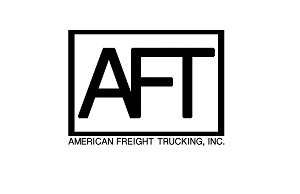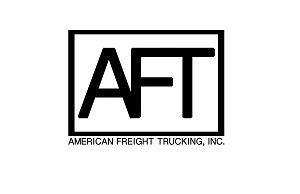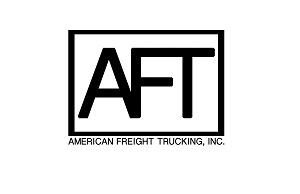Kenworth Makes Bendix ESP Standard on T680, T880
Photo via Kenworth
">Photo via Kenworth
">The Bendix ESP electronic stability program has been made standard on new Kenworth T680 and T880 tractors, the OEM announced.
The Bendix ESP full stability system meets the National Highway Traffic Safety Administration's new electronic stability control technology mandate, which is scheduled to go into effect in August for Class 8 trucks with tandem-drive axles.
“The T680 on-highway flagship and T880 vocational leader are Kenworth's most technologically advanced vehicles,” said Kurt Swihart, Kenworth marketing director. “Kenworth's move to standardize on the Bendix ESP system continues our offering of technology systems to help our customers achieve success in their specific operations.”
Kenworth T680 and T880 will come standard with the Bendix 4S/4M configuration, which has four sensors and four modulators and includes Bendix Smart ATC automatic traction control and Bendix ESP.
The Bendix ESP full stability technology is designed to help stabilize the vehicle during loss of control situations on dry, wet, snow and ice-covered roadways.
In addition to using sensors that monitor lateral acceleration the Bendix ESP system also uses sensors to monitor steering angle and vehicle direction. This allows for detection of a vehicle's impending loss of stability and automatic intervention through dethrottling of the engine and selective application of tractor steer and drive axle brakes, along with trailer brakes, helping the driver to maintain control of the vehicle in a variety of situations.
Related: Bendix Wingman Advanced Available to Order on Kenworth T270, T370
Follow @HDTrucking on Twitter
...Read the rest of this story